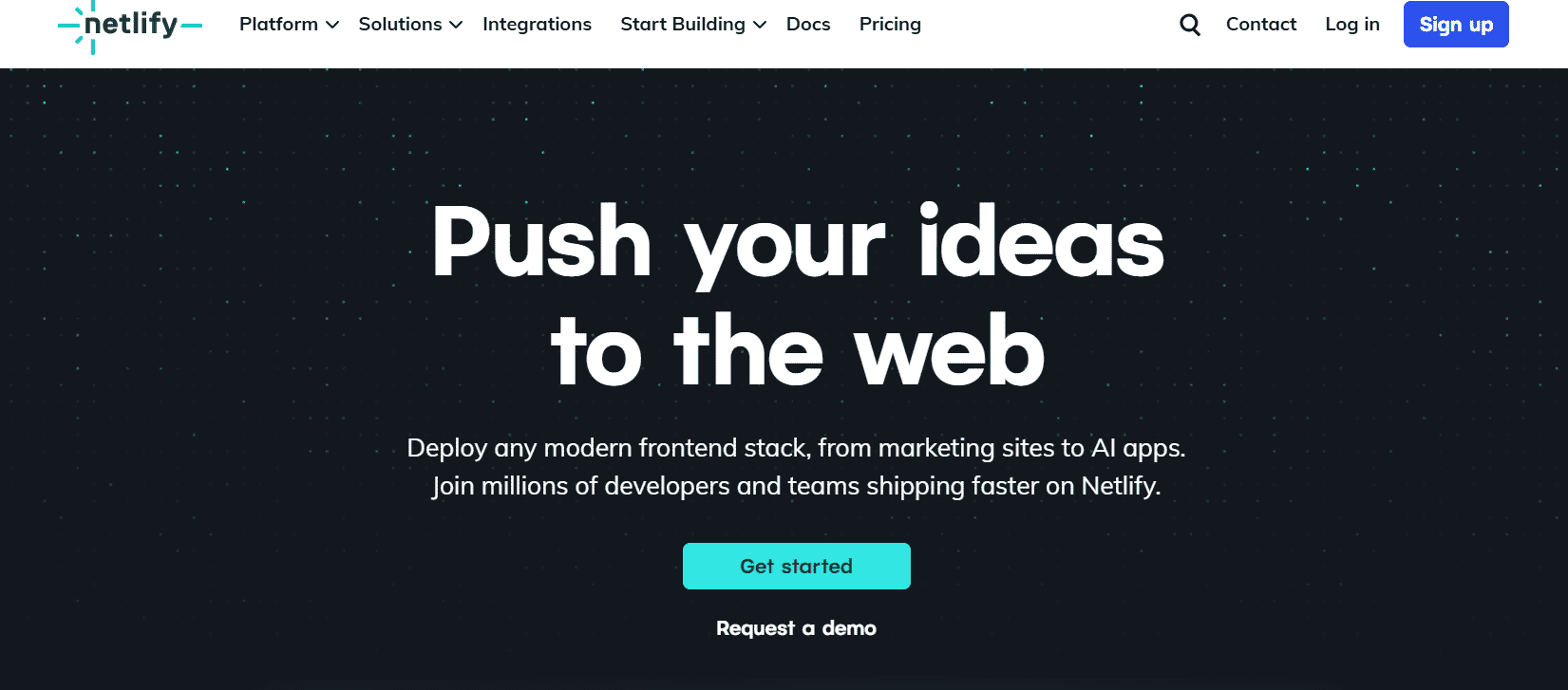In today's fast-paced world of web and mobile development, choosing the right platform to build, deploy, and scale your applications can significantly impact your development efficiency and business success. Two popular platforms that often come up in these discussions are Firebase and Vercel. While both offer powerful tools for developers, they have different strengths and focuses. Let's dive into what makes Firebase stand out in certain scenarios.
Firebase's Core Strengths
Comprehensive Backend-as-a-Service
Firebase's greatest advantage is its all-in-one backend solution. While Vercel excels at frontend deployments, Firebase provides a complete ecosystem that includes:
- Real-time database and Firestore: NoSQL databases with real-time synchronization capabilities
- Authentication: Pre-built UI components and backend services for user management
- Cloud Functions: Serverless compute environment for backend logic
- Storage: File storage optimized for user-generated content
- Hosting: Fast and secure web hosting
This integrated approach means developers can focus on building features without stitching together multiple services.
Real-time Capabilities
Firebase was built with real-time applications in mind. Its database solutions offer out-of-the-box data synchronization across clients, making it exceptionally well-suited for:
- Collaborative applications
- Chat platforms
- Live dashboards
- Multiplayer games
- IoT applications
These real-time capabilities often require significant custom development on other platforms.
Mobile-First Approach
While Vercel has positioned itself as a web-focused platform, Firebase has deep roots in mobile development:
- Crash reporting: Detailed crash analytics for iOS and Android
- App Distribution: Streamlined beta testing workflows
- Performance monitoring: Mobile-specific performance insights
- Remote Config: Feature flags and A/B testing infrastructure
For teams building cross-platform applications with mobile components, Firebase offers specialized tools that Vercel doesn't match.
Analytics Integration
Firebase provides powerful analytics tools that integrate seamlessly with its other services:
- User behavior tracking: Understand how users interact with your application
- Conversion funnels: Track and optimize user journeys
- Audience segmentation: Target specific user groups
- Google Analytics integration: Leverage Google's analytics expertise
This data-driven approach enables developers to make informed decisions based on real user behavior.
When Firebase Particularly Shines
Startups and MVPs
For startups looking to validate ideas quickly, Firebase's low-code approach to backend development can dramatically reduce time-to-market. The platform handles infrastructure concerns, allowing small teams to focus on building differentiating features rather than managing servers.
Applications with Complex Backend Requirements
If your application requires user authentication, database operations, file storage, and backend processing, Firebase provides these services in a unified platform. Vercel would require integration with additional services to match this functionality.
Budget-Conscious Projects
Firebase's generous free tier allows developers to build and scale applications with minimal initial cost. Many projects can operate within the free limits for extended periods, making it an economical choice for bootstrapped startups.
Conclusion
While Vercel delivers an exceptional experience for frontend deployment and static site hosting, Firebase offers a more comprehensive solution for applications requiring robust backend services. The choice between these platforms ultimately depends on your project's specific needs.
For projects that demand real-time capabilities, mobile integration, and a complete backend infrastructure, Firebase provides compelling advantages that are difficult to match by combining Vercel with other services. Its unified approach reduces complexity, accelerates development, and enables features that might otherwise require significant custom development.
As with any technology decision, consider your team's expertise, your application's requirements, and your long-term scaling plans when choosing between these powerful platforms.
